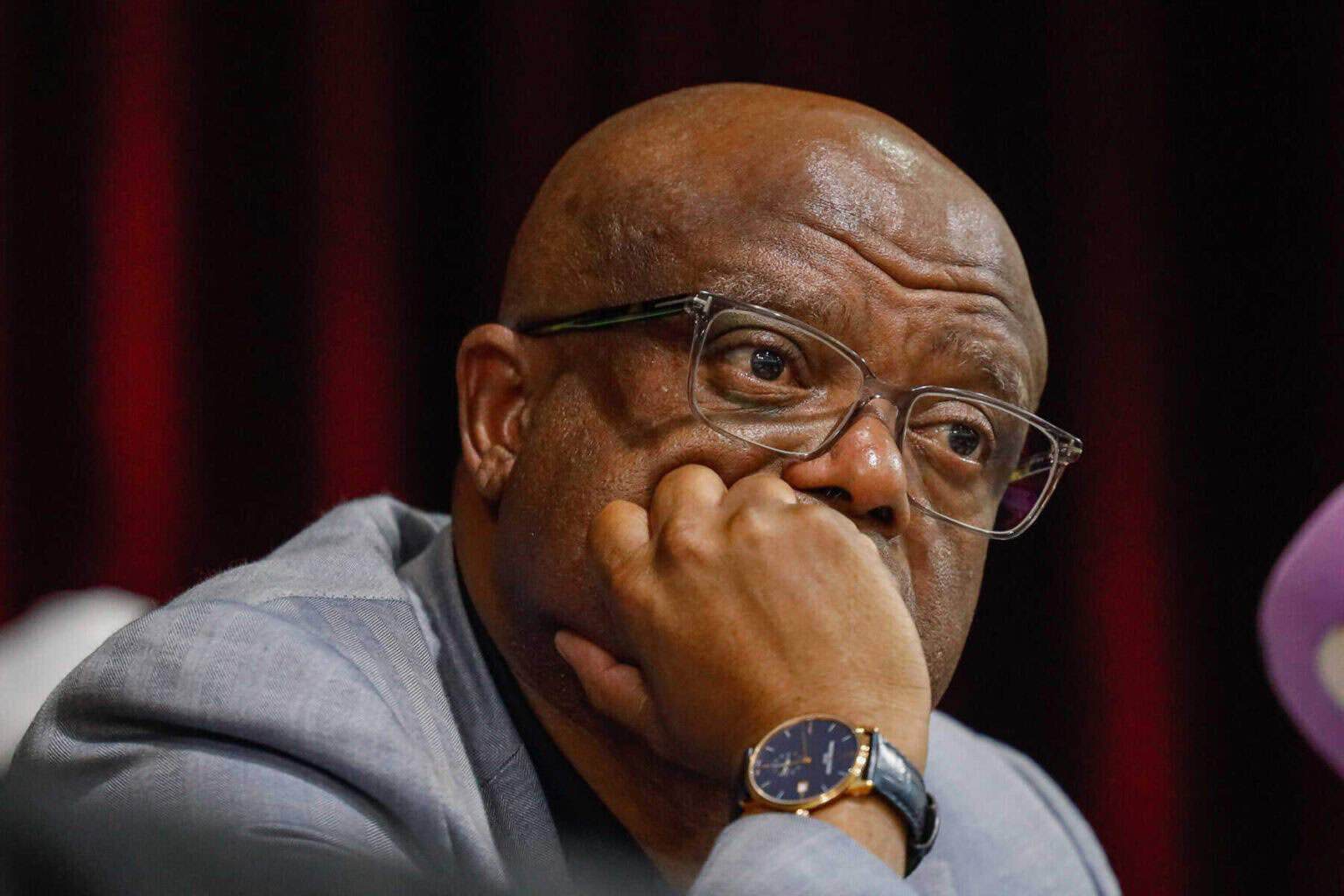Morero is facing a motion of no confidence from his own coalition partners.

Questions have been raised about the ability of four minority parties to remove Johannesburg mayor Dada Morero through a motion of no confidence.
On Tuesday, Al Jama-ah, the United Democratic Movement (UDM), the African Transformation Movement (ATM), and the African Housing Caucus (AHC) said they had lodged a request with the speaker’s office for a debate on the mayor’s competency.
These parties comprise six councillors out of a total of 270.
This comes as Morero prepares for the ANC’s regional elective conference, where he is expected to contest for the position of regional chairperson, amid growing frustration from opposition parties over his leadership and ongoing concerns about service delivery in the metro.
Here are the numbers
In order for this motion to succeed, the minority parties, which comprise six councillors, would need a total of 135 votes plus one.
The DA, which is the opposition, has 70 votes and could use its votes to support the motion. However, the party indicated that it had not been approached for support.
There is a possibility that it could also abstain from this vote because the party has previously called for the dissolution of the council and the introduction of a new government through elections.
ActionSA has 44 seats in the council. The party, whose leader Herman Mashaba has a bitter relationship with Morero, also indicated that it had not been approached for support.
The ANC has 89 seats and has told The Citizen that it will defend Morero in any motion of no-confidence vote. The party is split into two factions: one in favour of Morero and the other in favour of his internal adversary, Loyiso Masuku.
The EFF has 29 seats and has had a love-hate relationship with Morero. The most recent tensions concerned the appointment of Floyd Brink as city manager.
The EFF supports Brink’s appointment, while it is alleged that Morero is not in favour of endorsing it.
The PA has 11 seats, but its deputy president, Kenny Kunene, has also been involved in several spats with Morero.
The IFP has seven seats and has expressed confidence in the mayor’s leadership in the past.
The FF Plus has four seats and has expressed disappointment with the mayor’s leadership on many occasions.
The ACDP has three seats and has told The Citizen on Thursday that it will not support the motion.
The progressive caucus, which comprises smaller parties in favour of the mayor keeping his job, comprises the AIC with two seats, Cope with one seat, APC with one seat, PAC with one seat, GOOD party with one seat and UIM with one seat.
The caucus on Thursday reaffirmed that it had formally withdrawn from the minority governing parties and “do not support or associate themselves with any political processes or actions led” by the group.
On Thursday, GOOD party councillor Matthew Cook described the latest motion as grandstanding.
“It is election season, and there are parties that are scared that they will not come back to council. I think tricks like this will be played by people on the way to the elections,” he told The Citizen.
ALSO READ: Back from the Brink: Former Joburg city manager expected to make a dramatic return
Political analysis
Sanet Solomon, a political analyst from the University of Free State (UFS), told The Citizen on Thursday that minority parties wield a lot of power in coalition governments because they often play the role of ‘kingmaker’.
“This is particularly true in Johannesburg, where they contribute towards larger parties coming into office,” she said.
Commenting on the fight for positions in Johannesburg, Solomon said: “Political parties are trying to ensure that they secure positions of power so that they can have influence in the decision-making processes at these councils.
“Thus, they are attaching themselves to coalition partners that can help them secure these spots.”
Solomon said Johannesburg has seen an increase in motions of no confidence against the mayor since the 2021 local government elections.
“While some of these were valid, this principle can be used to remove less accommodating leaders. It is rather challenging to manage a coalition comprising multiple partners, as it requires meeting their demands.
“To ensure more stability, it is advisable that partners enter into alliances with like-minded parties that seek to achieve similar goals. This will ensure the rendering of services and fewer disruptions in the governance of these cities.
“This constant breakdown in coalitions suggests that securing seats might be more important to these parties. This is rather unfortunate given that voters have entrusted these representatives to ensure that their basic needs are met,” she said.
NOW READ: DA to table motion of no confidence in Gauteng Premier Panyaza Lesufi






